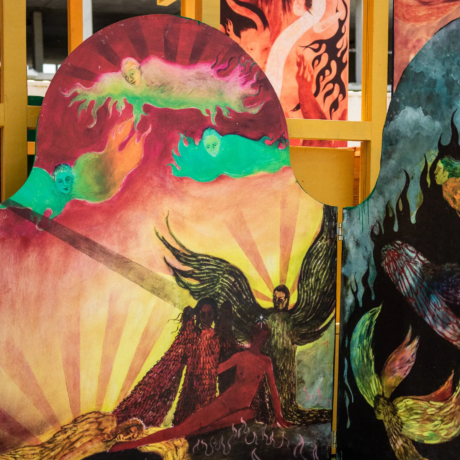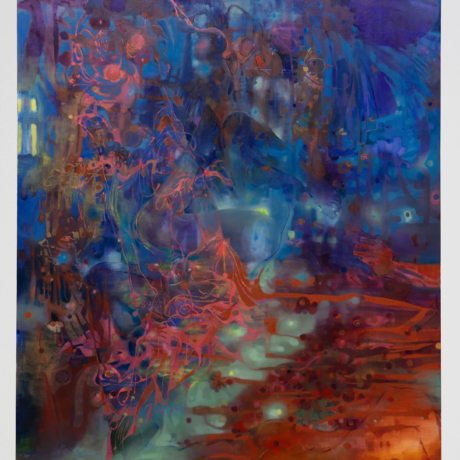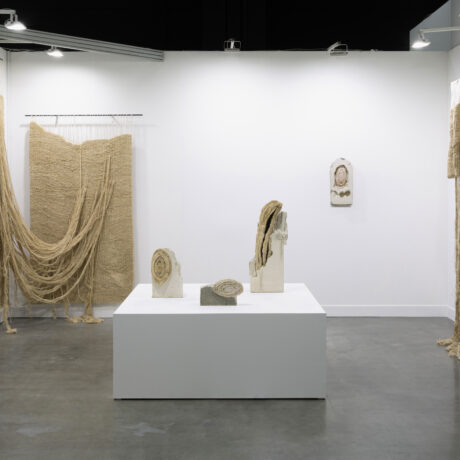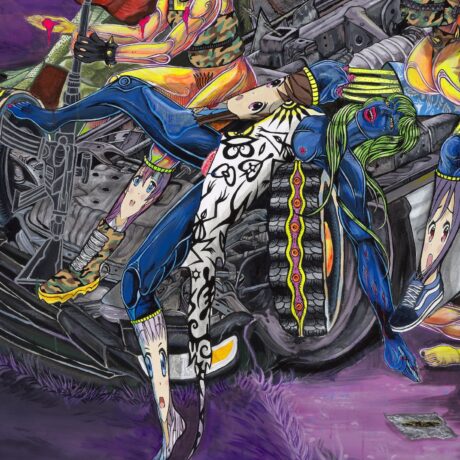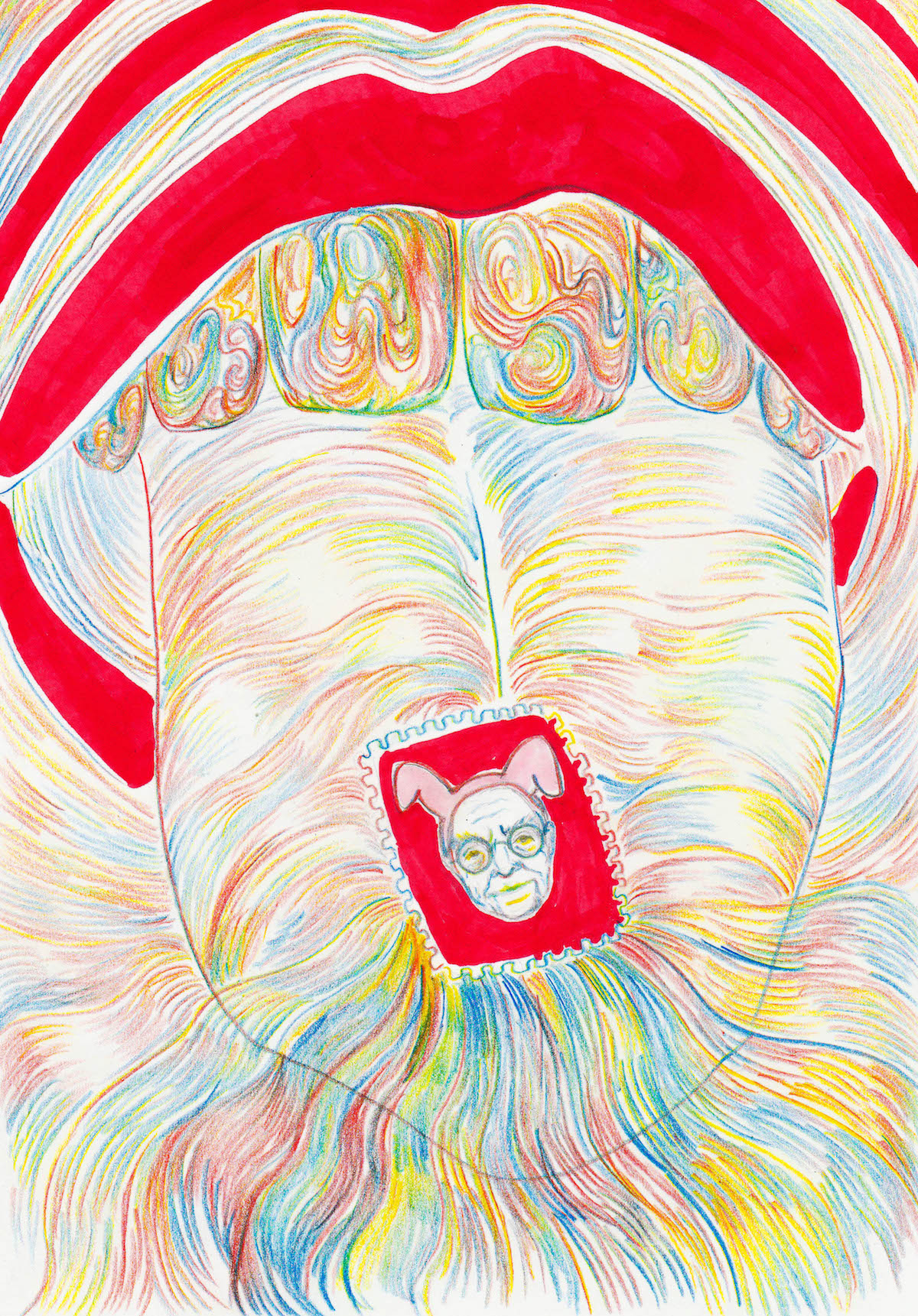 “I had therefore to remove knowledge, in order to make room for belief.”
“I had therefore to remove knowledge, in order to make room for belief.”
—Immanuel Kant
Easter brings to my mind the good ending of an unfortunate two-thousand-year-old story.
Easter is the festival that celebrates the story of Jesus’s rising into Heaven three days after he died. There are various accounts in the New Testament of the Bible about who saw the occurrence. Nevertheless, today, when atheism and pragmatism are expanding, the Resurrection and the Ascension are being dismissed as nonsense. Does this mean that many more people eschew miracles these days?
Is what we see or believe real or not? “How real is real?” Paul Watzlawick asks in his astonishing book of the same name from 1976. During the Cold War, the CIA hired well-known American magician John Mulholland to create a manual on the techniques of deceit, disguise and secret messaging. The agency also employed LSD and other methods for information gathering to counter Soviet mind-control and interrogation.
Hallucinogens like acid, as LSD is also known, can drastically alter your reality—even a tiny drop. In fact, I dropped LSD numerous times in the 1970s and can attest to its mind-altering efficacy. More accurately, it induced paranoid schizophrenia.
I always consumed it in the company of someone else or a group—never alone. Tripping alone was a bad idea. Because people’s psychological histories are different, the substance affects them in different ways. The drug along with my studies in anthropology offered me insights I would have never had otherwise.
“I hated when Easter Sunday arrived. I and all other children had to wear new clothes to church—particularly boys’ suits in ice-cream colours”
The way we see our environment can be naturally altered by a traumatic experience, such as the death of a loved one. I can understand that the Biblical observers of Jesus’s ascension might have been so very disturbed by his passing that they had self-induced visions. And, yes, I realize that I am being heretical, but let’s think in terms of “What if?”
During the Aids crisis of the 1980s, almost fifty people whom I knew well died. At first I pretended to be complaisant. I wasn’t. I began drinking too much alcohol after I received a case of brandy as a Christmas present from a photographer, when I was an art director at an advertising agency. The gift was augmented by an endlessly refillable Valium prescription from a “feel-good doctor”.
One day, walking down a New York City street, I saw the back of one of the people who had died. He had sold Japanese prints on the side to make a meagre living. I was sure that it was he. I rapidly walked up and tapped him on the shoulder, only to discover that he was a stranger—not my friend.
Humans have ingested hallucinogens for millennia. A professor where I studied anthropology once said that she wished to stop the use of “ceremonies” and “rituals” in reference to most of the practices of native communities. She claimed that they are merely having fun taking mind-altering natural substances or self-inducing themselves into states of ecstasy, and that those in the Christian west wish to apply deeper meanings.
Catholic-indoctrinated societies like those in Central and South America have combined Easter with their local beliefs, such as Mardi Gras (or Fat Tuesday in English). It’s the last period before fasting, or when the season of Lent, begins. And Lent is purportedly about giving up your indulgences, like certain foods and beverages, in order to focus on “what God wants”.
“God” is also used as a weapon. Possibly, “strategy” is a more polite word. “God bless America” has become a standard, which politicians use to end speeches even if they are agnostic or atheistic. Of course, God Bless America is also the name of an anthem and sometimes replaces the official national anthem that is extremely difficult to sing due to the high end note. And “In God We Trust” has been stamped on coins since 1864 and printed on the US dollar since 1957—both officially sanctioned by Congress.
I live in America’s Bible Belt now, the place in the south east where I was born and spent my first twenty years. Everyone around me, or so it seems, is religious and attends church on Sundays, no matter the surveys about the waning of religion.
God and the church permeated the society of my childhood. Even funerals were infused with religion. A minister, whether in a church or in a funeral home, conducted the service. No matter how horrible the dead person might have been in life, only complements were said. And, believe me, there were some horrible people who had just “met their maker”. As a child I found the occasions disturbing because the caskets were often open, and I could see the corpse.
“The holidays based on religious beliefs have descended into Disney World-like meaninglessness, devoid of their original reason”
Also as a child, it seemed that everyone was a religious Christian. My family was Lutheran, a vanilla branch of Protestantism. I hated when Easter Sunday arrived. I and all other children had to wear new clothes to church—particularly boys’ suits in ice-cream colours. I was completely unaware of the meaning of the occasion.
People love holidays. They break up the monotony and drudgery of life. Most people spend more time in an office, a plant, a construction site or other workplace than they do with their families.
The holidays based on religious beliefs have descended into Disney World-like meaninglessness, devoid of their original reason. Easter has become about bunnies and spring. Christmas about gift giving and reindeer. And Thanksgiving about eating so much that you can’t get up from the table at the end of the meal.
What about this overworked question: “What would Jesus say?” In the famous tale about the animal merchants and moneychangers in the temple, he is alleged to have said something like this: “Get rid of them, raze the temple to the ground and rebuild it in a cleansed form.”
Some religious historians suggest that, because Jesus was a heretic, this staunch position was the primary cause of his murder. If he had recanted his beliefs, as his mother begs him to do in Colm Tólbín’s fascinating stage play, El Testamento de María, there would be no Easter, no Cadbury bunnies, no dyed eggs and no little boys in ice-cream-coloured suits.
Illustration by Rosalind Duguid
